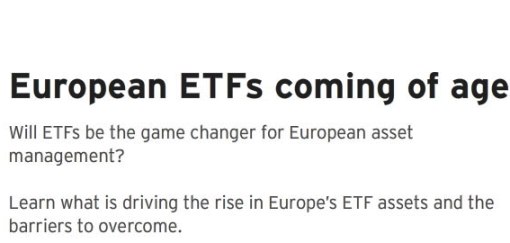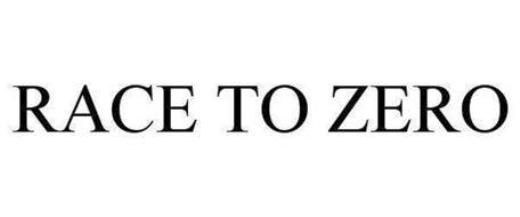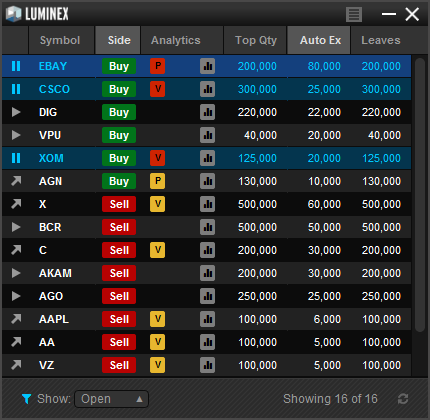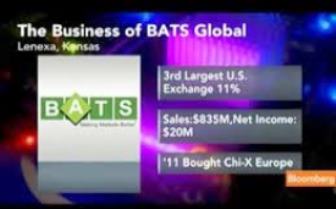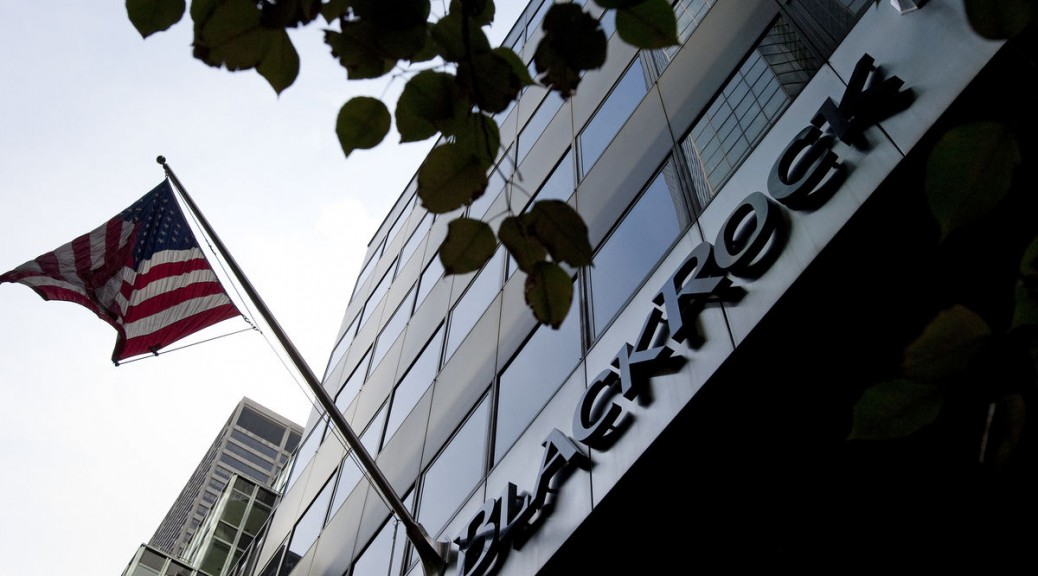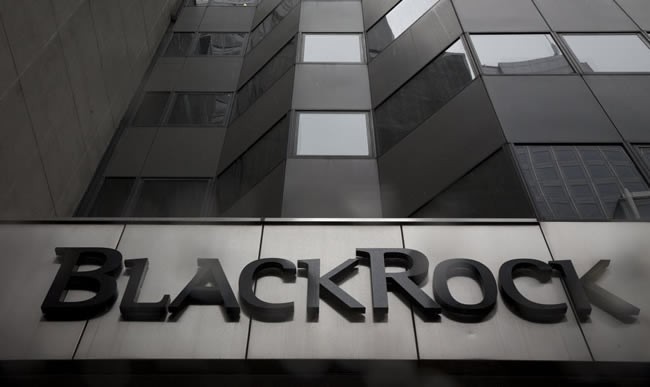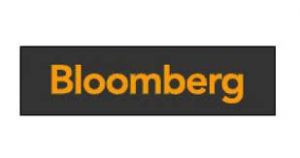(MarketsMedia) European ETFs and ETPs have gathered record net new assets in the first 11 months of this year, in many cases using as a displace to futures products. ETF Issuer BlackRock expects the size of Europe’s exchange-traded product market to double over the next three to four years.
ETFs/ETPs listed in Europe had gathered $72.6bn in net new assets at the end of last month, 18% above the record set at the same time last year, according to consultancy ETFGI’s Global ETF and ETP insights report. ETFGI said in the report: “This marks the 14th consecutive month of positive net inflows.”
Source, the European ETF issuer, estimated that $100bn of assets have been switched globally into ETFs from futures over the last two years as ETF fees have fallen. Source added that investors who switch out of futures contracts into ETFs during the quarterly ‘roll’ this December could make record savings of 30 to 50 basis points on an annualised basis. December stock market futures expire on the 18th and investors would typically roll in the week leading up to this expiry date.
So far this year equity ETFs gathered the largest net inflows of $42.3bn, followed by fixed income with $24.9bn and then commodities with $1.2bn.
BlackRock’s ETF arm, iShares gathered the largest net inflows of $28.7bn in Europe in the year-to-date followed by Deutsche Bank’s db x/db ETC with $10.3bn. In third place was Societe Generale’s Lyxor AM with $8.6bn.
Robert Kapito, president of BlackRock, said this month that the asset manager remains very optimistic on its organic growth opportunities given secular tailwinds in ETFs and solid performance in active equity according to an analyst note from Goldman Sachs. Kapito presented at the Goldman Sachs US Financial Services Conference in New York on December 8.
The analysts said: “BlackRock expects the ETF industry to double over the next three to four years driven by an increasing number of uses for ETFs, specifically as an alternative to futures, increased adoption by broker-dealers to hedge risk and portfolio precision instruments.”
For the full story from MarketsMedia, please click here

